AARP Hearing Center


CHAPTER 21
CHIEF OF POLICE WARREN Jacobi’s corner office was on the fifth floor of the Hall, overlooking Bryant.
Jacobi and I had once been partners, and over the ten years we had worked together, we had bonded for life. The gunshot injuries he’d gotten on the job had aged him, and he looked ten years older than his fifty-five years.
At present his office was packed to standing room only.
Brady and Parisi, Conklin and I, and every inspector in Homicide, Narcotics, and Robbery were standing shoulder to shoulder as the Kingfisher situation was discussed and assignments were handed out.
There was a firm knock on the door and Mayor Robert Caputo walked in. He nodded at us in a general greeting and asked the chief for a briefing.
Jacobi said, “The jury is sequestered inside the jail. We’re organizing additional security details now.”
“Inside the actual jail?” said Caputo.
“We have an empty pod of cells on six,” Jacobi said of the vacancy left when a section of the women’s jail was relocated to the new jail on 7th Street. He described the plan to bring in mattresses and personal items, all of this calculated to keep the jury free of exposure to media or accidental information leaks.
“We’ve set up a command center in the lobby, and anything that comes into or out of the sixth floor will go through metal detectors and be visually inspected.”
Jacobi explained that the judge had refused to be locked down but that he had 24/7 security at his home. Caputo thanked Jacobi and left the room. When the meeting ended, Brady took me aside.
“Boxer, I’m putting two cars on your house. We need to know where you are at all times. Don’t go rogue, okay?”
“Right, Brady. But—”
“Don’t tell me you can take care of yourself. Be smart.”
Conklin and I took the first shift on the sixth floor, and I made phone calls.
When I got home that evening, I told my protection detail to wait for me.
I took my warm and sleepy Julie out of her bed and filled Mrs. Rose in on my plan as we gathered toys and a traveling bag. When my bodyguards gave me the all clear, I went back downstairs with my still-sleepy baby in my arms. Mrs. Rose and I strapped her into her car seat in the back. Martha jumped in after us.
Deputy sheriffs took over for our beat cops and escorted me on the long drive to Half Moon Bay. I waited for their okay, and then I parked in my sister’s driveway.
I let Martha out and gently extricated my little girl from the car seat. I hugged her awake. She put her hands in my hair and smiled.
“Mommy?”
“Yes, my sweets. Did you have a good nap?”
Catherine came out to meet me. She put her arm around me and walked me and Julie inside her lovely, beachy house near the bay. She had already set up her girls’ old crib, and we tried to put a good spin on this dislocation for Julie, but Julie wasn’t buying it. She could and did go from smiles to stratospheric protests when she was unhappy.
I didn’t want to leave her, either.
I turned to Cat and said, “I’ve texted Joe. He’s on call for whenever you need him. He’ll sleep on the couch.”
“Sounds good,” she said. “I like having a man around the house. Especially one with a gun.”
“Don’t worry,” Cat and I said in unison.
We laughed, hugged, kissed, and then I shushed Julie and told Martha that she was in charge.
I had my hand on my gun when I left Cat’s house and got into my car. I stayed in radio contact with my escorts, and with one car in the lead and the other behind me, we started back up the coast to my apartment on Lake Street.
I gripped the wheel so hard my hands hurt, which was preferable to feeling them shake. I stared out at the taillights in front of me. They looked like the malevolent red eyes of those monsters you see in horror movies. Kingfisher was worse than all of them put together.
I hated being afraid of him.
I hated that son of a bitch entirely.


























































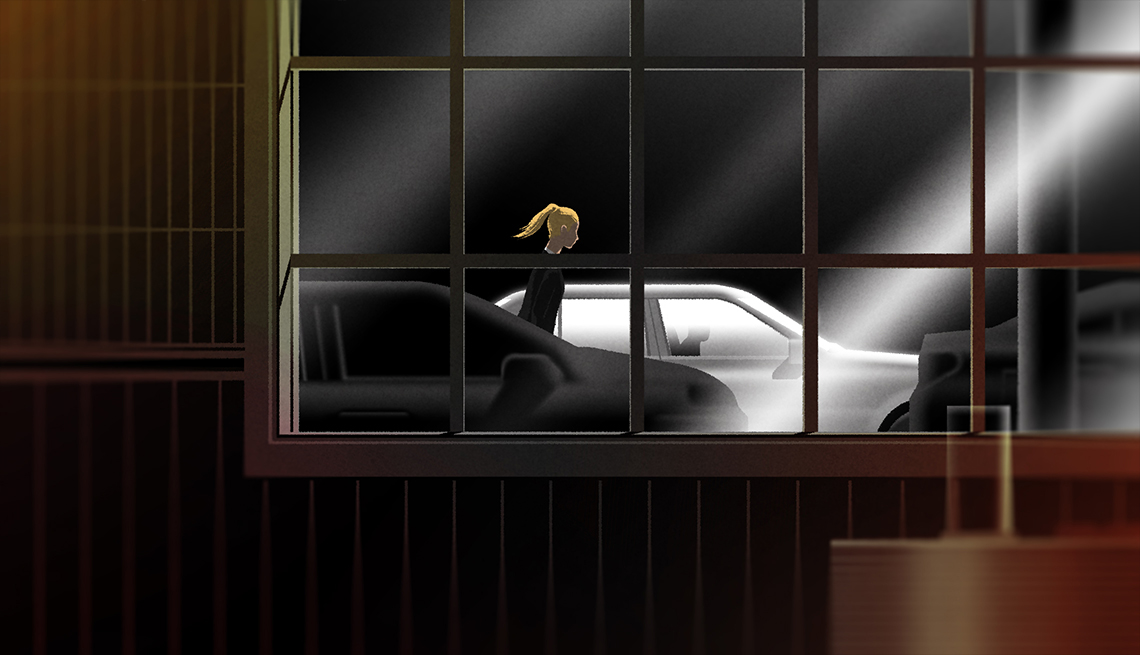
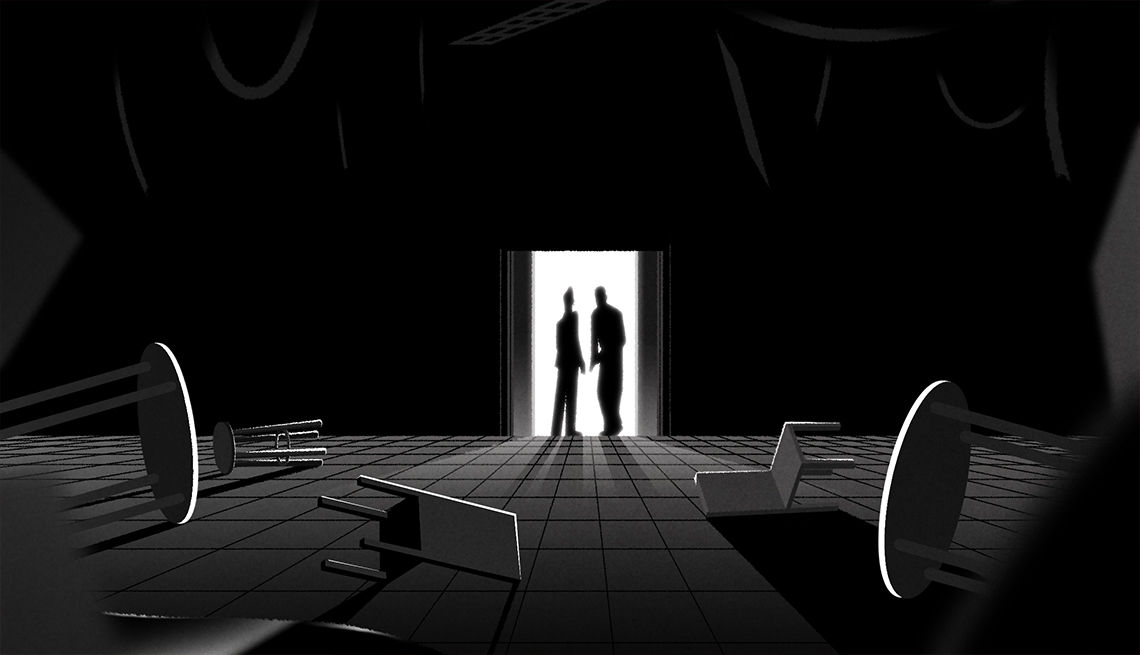
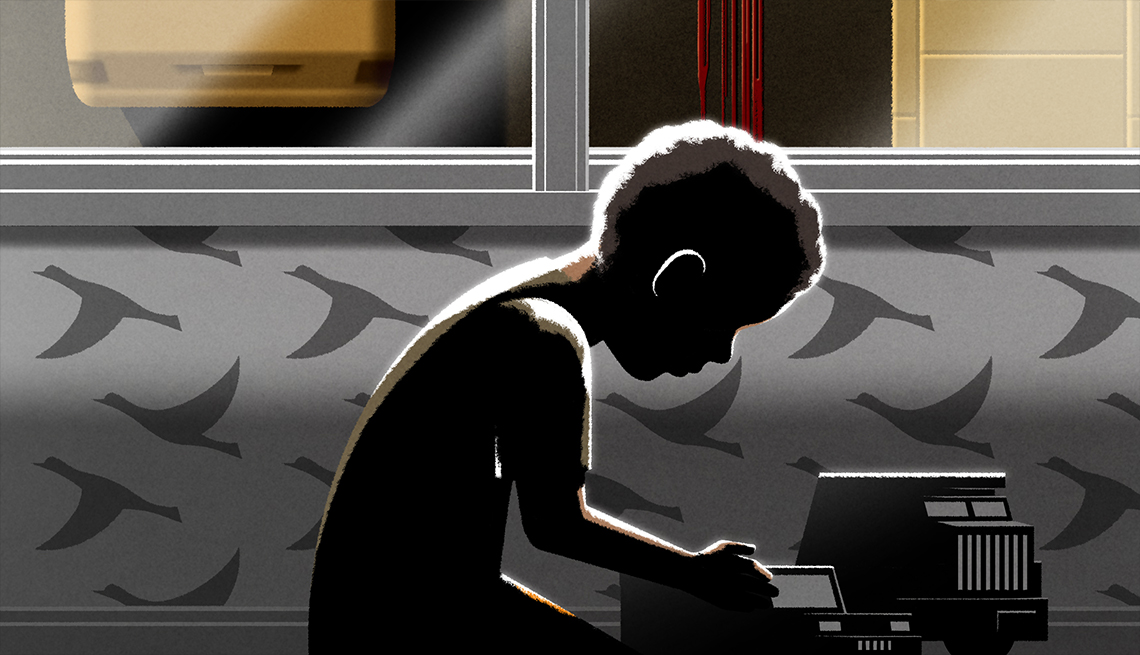
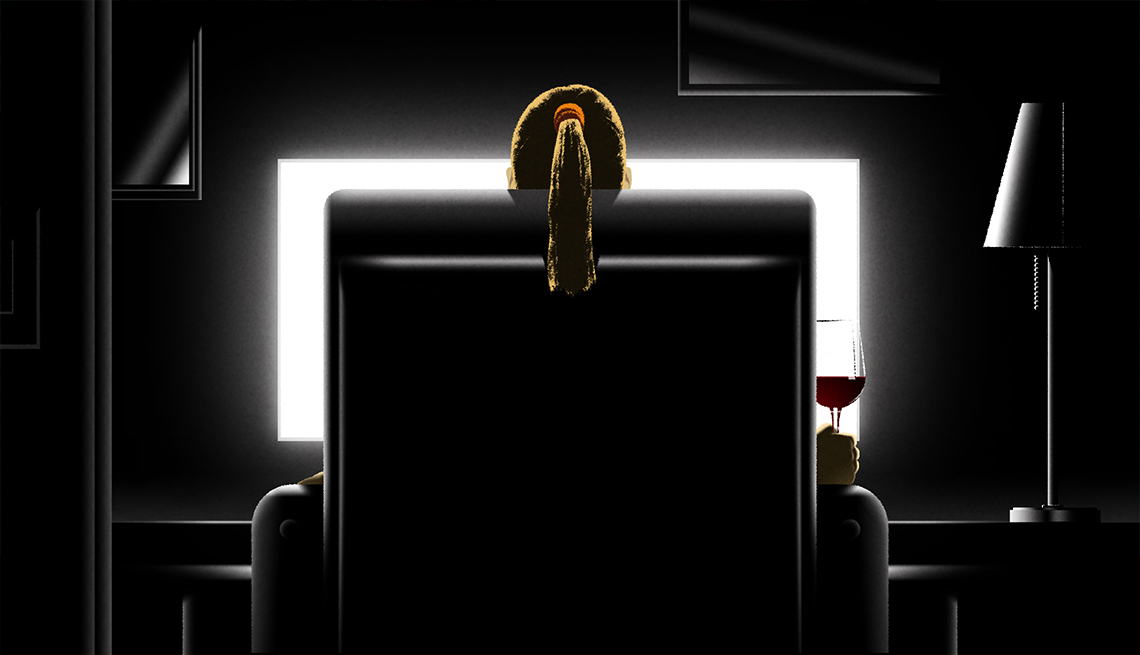
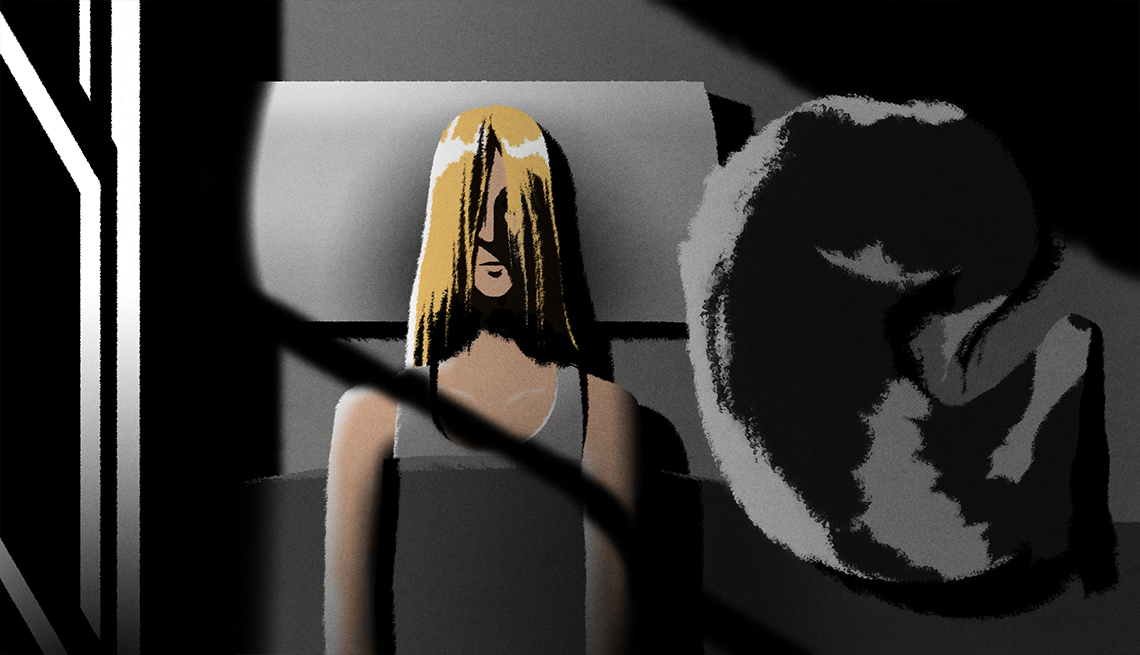
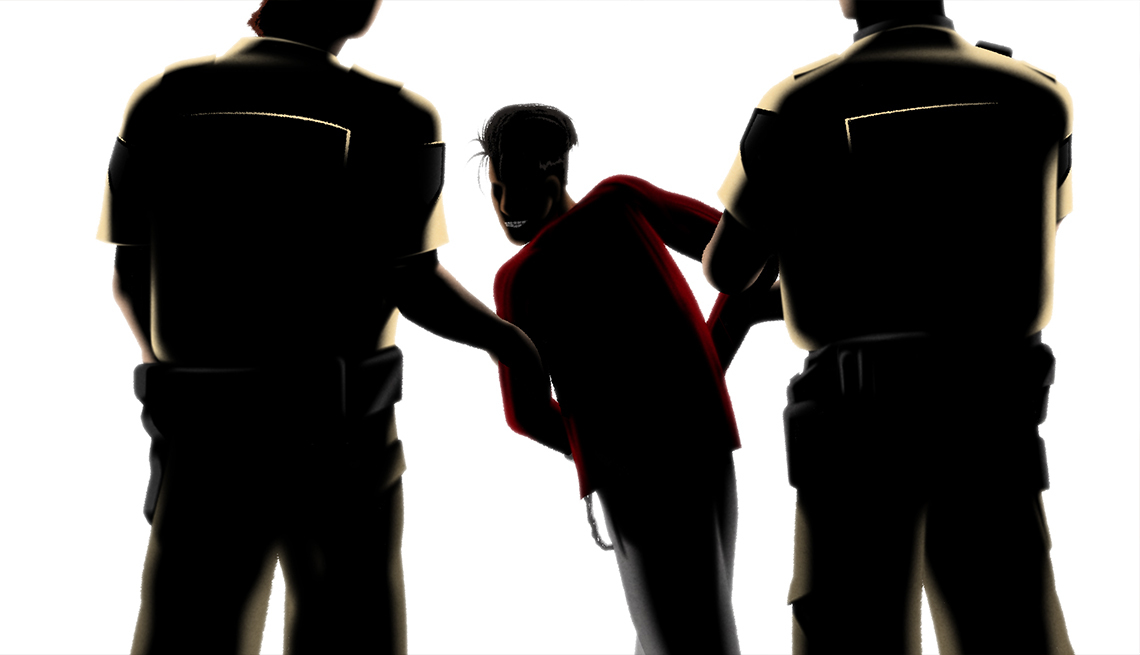






More From AARP
Free Books for Your Reading Pleasure
Gripping mysteries and other novels by popular authors available online in their entirety for AARP members